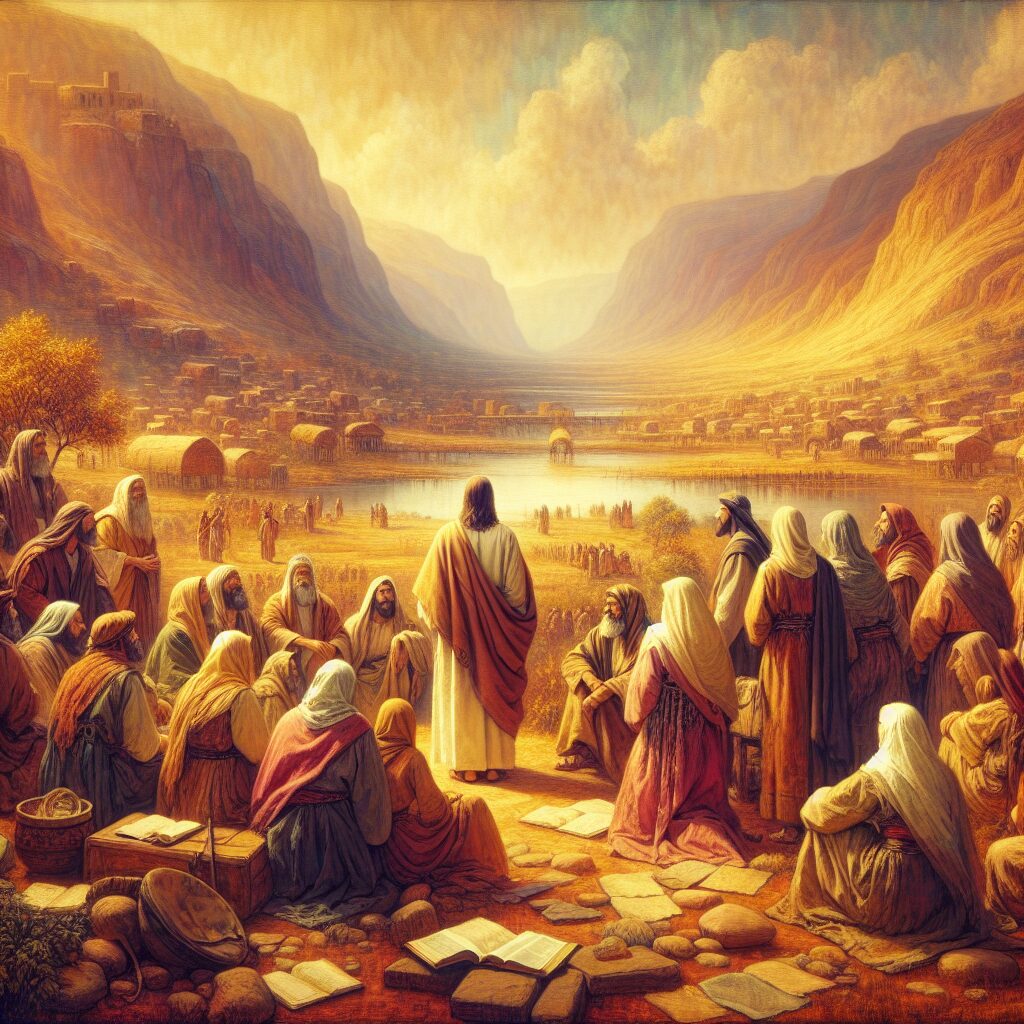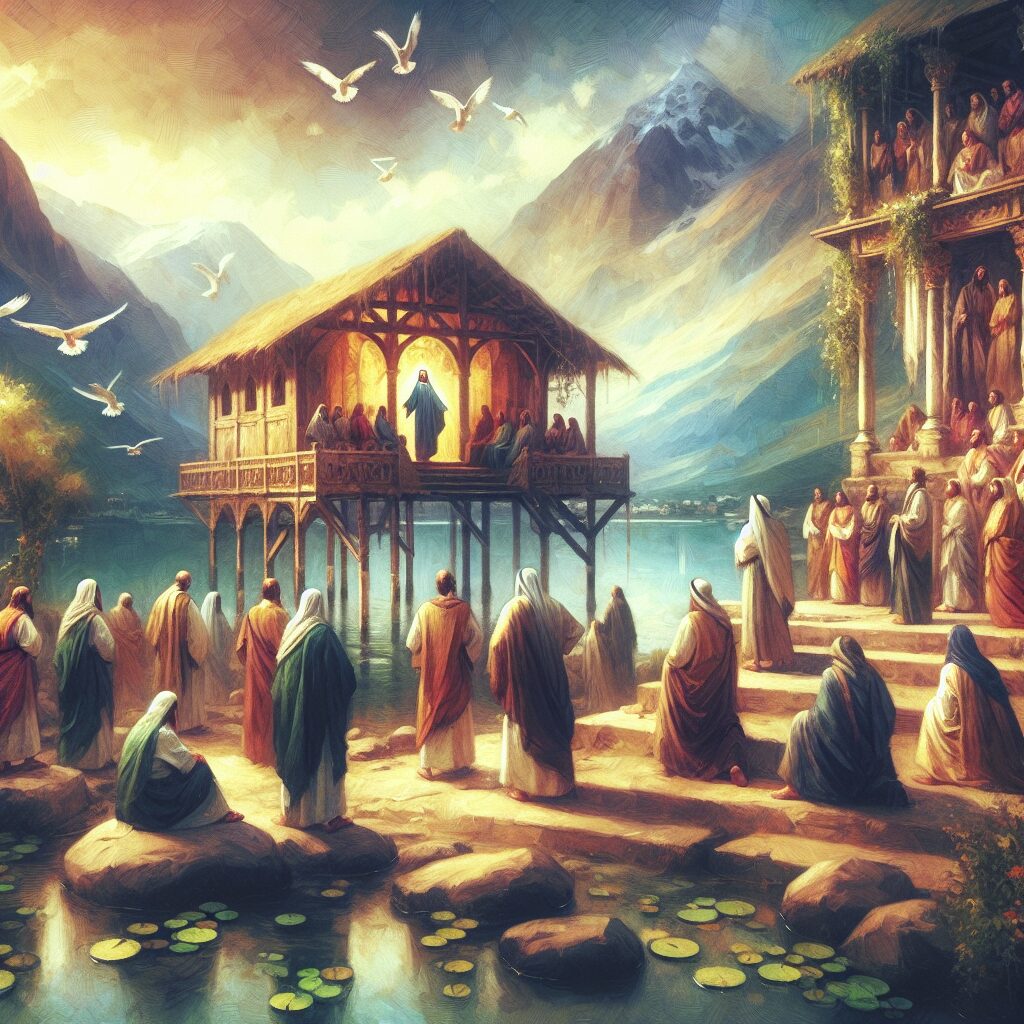Daily Bible Affirmation for April 09, 2020 – 2 Samuel 24:12

Bible Verse
“Go and tell David, ‘This is what the LORD says: I am giving you three options. Choose one of them for me to carry out against you.’” – 2 Samuel 24:12
Reflection
2 Samuel 24:12 presents a moment of divine communication where God reaches out to David through the prophet Gad. This is a transformative moment that holds profound lessons in faith, accountability, and the steadfast love of God. At first glance, the verse might appear daunting, dealing with divine judgment due to David’s sin of conducting a census. However, it teaches us about the nature of God’s correction and the grace that underpins every lesson He imparts.
The context of this verse is crucial for us to delve deeper into its reflection. David had ordered a census of Israel, an action motivated by pride and reliance on human strength rather than trust in God’s provision. When confronted with this sin, David’s heart was convicted, and he realized his transgression almost immediately, which is a gentle reminder of how God speaks to our conscience, guiding us back to His path. In response, God offers David a choice of consequences, revealing His desire for David to recognize the weight of his actions and make a responsible choice, thereby strengthening his spiritual maturity.
God’s approach in this scenario demonstrates not wrath but a loving discipline. It is a model of how God uses consequences not as a means to punish, but as an opportunity for growth and closer communion with Him. Instead of impulsively reacting, God invites David to participate in the decision-making process, respecting him as a leader and reminding him—and us—that choices carry weight.
This narrative underlines God’s grace in allowing humans to exercise free will even in the midst of error. It emphasizes that God’s ultimate goal is not to instill fear, but to lead us into deeper trust and reliance on Him. When facing consequences for our actions today, it is vital to remember that God’s intent is always restoration and reconciliation. His correction comes from a place of love, teaching us to trust His wisdom over our understanding.
Just as David was given a voice in choosing the consequence, we too are given opportunities to engage with God in our journey towards spiritual maturity. In life’s trials and decisions, we are encouraged to lean into God’s unfailing wisdom and grace, knowing that every correction is a chance to grow closer to Him. Let this relationship with the Divine fuel our lives with hope and perseverance as we navigate the complexities of our journey.
Closing Thought
Even in moments of correction, God’s love and grace abound. Every choice and consequence is an invitation to trust deeper and grow closer to Him. Engage with God in your decisions, trusting that His love will guide you towards grace and healing.
Daily Bible Affirmation for April 09, 2020 – 2 Samuel 24:12 Read Post »



